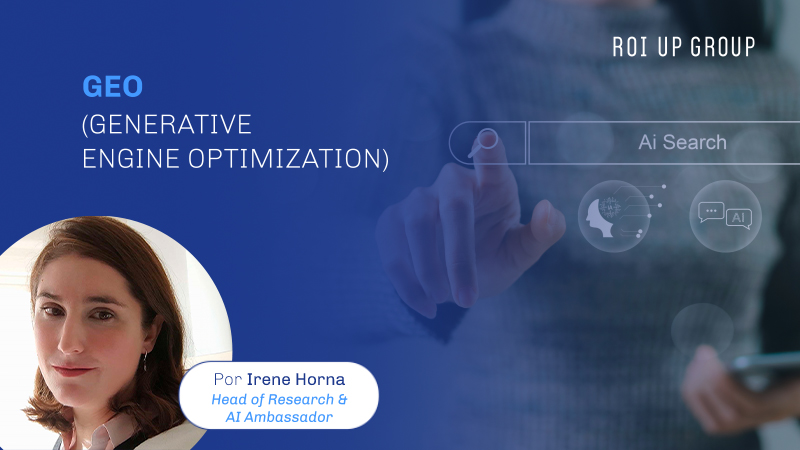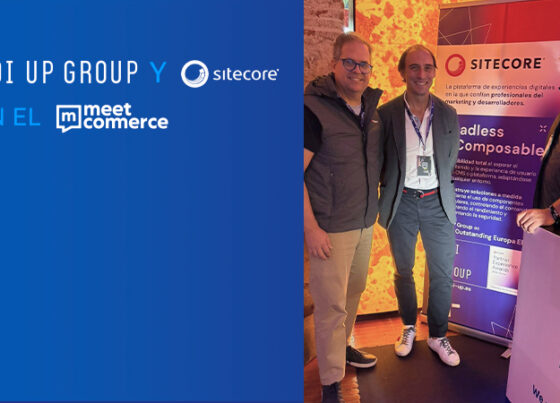
What is GEO?
GEO stands for Generative Engine Optimization. It is the process of optimizing a website’s content to improve its visibility in artificial intelligence-based search engines, such as ChatGPT and SearchGPT, Perplexity, Gemini, Copilot and Google AI Overviews.
The objectives of GEO are the same as those of SEO: to increase the visibility of a website, attract more targeted traffic and convert visitors into loyal followers of your brand / website so that they come back again and again. In the case of an Ecommerce, to get them to buy your products and services.
Why is it important to make a GEO Project for your Web?
Thanks to the evolution of artificial intelligence and the emergence of AI-based search engines, such as those used by the likes of ChatGPT (and its future SearchGPT) and Google AI Overviews, the way users find information is changing. New AI-based search engines are gaining more and more users, such as Perplexity AI which already has 10 million monthly users.
We don’t know what impact SearchGPT, Open AI’s AI-based search engine, whose prototype was presented on July 25, will have, but it will most likely be a new search engine to consider in an SEO project. After all, it will compete with traditional search engines like Google.
We don’t want users using new AI-based search engines not to find our brand or website, so any serious SEO project will need a specific GEO strategy.
How will ROI UP integrate the GEO strategy into SEO?
- Keyword Research. The way users search in traditional search engines such as Google and in, for example, ChatGPT, can be very different. While in the former they usually search for 3 to 5 terms, e.g. “cheap hotels in barcelona”, in AI-based search engines they ask complex questions, with or without exclamations. EJ “recommend me the best hotels in the center of Barcelona that are well communicated”
You can use interrogations, make requests “tell me, recommend me, explain me, list etc. followed by instructions with many more adjectives and specifications, to get more specific answers.
Currently, AI-based search engines do not publish what is being searched for in their environments, so doing a Keywords study is more difficult. However it is important to try to take into account the Keywords of questions, those that would be used in voice search and to make a dynamic strategy for both very generic and very specific Keywords. Therefore the amount of Keywords to position should be at least triple the amount of a standard Web SEO project at present.
- Content. Both Google’s new updates and the way search engines work with AI are very important:
- Large amount of content on the Web, linked with an internal netlinking strategy.
- Authority: contents made with objective data, published in websites that are supposed to be pre-scriptors of those topics. A technology retailer talking about how to choose a computer is not the same as a personal website.
- Long and well-structured content, SEO Friendly.
- Explanatory contents with definitions and clarifications, if necessary.
- They include lists, other sources and citations. Especially statistics and trends.
- Multi-format content (infographics, videos, explanatory images, links to audios and podcasts, etc.)
- Content architecture and internal netlinking. SEO and GEO strategies to give importance to content with key messages that we would like to appear in AI engines when they search for our brand.
Conclusions on GEO
It is important to have a strategy in GEO, especially before your competition, and to understand what they say about you, in order to detect negative aspects to work on and opportunities to take advantage of.
In the next content we will talk about SearchGPT, the OpenAI / ChatGPT AI search engine prototype that will soon be launched. We recommend that you start a GEO strategy as soon as possible to be prepared.





Comments: